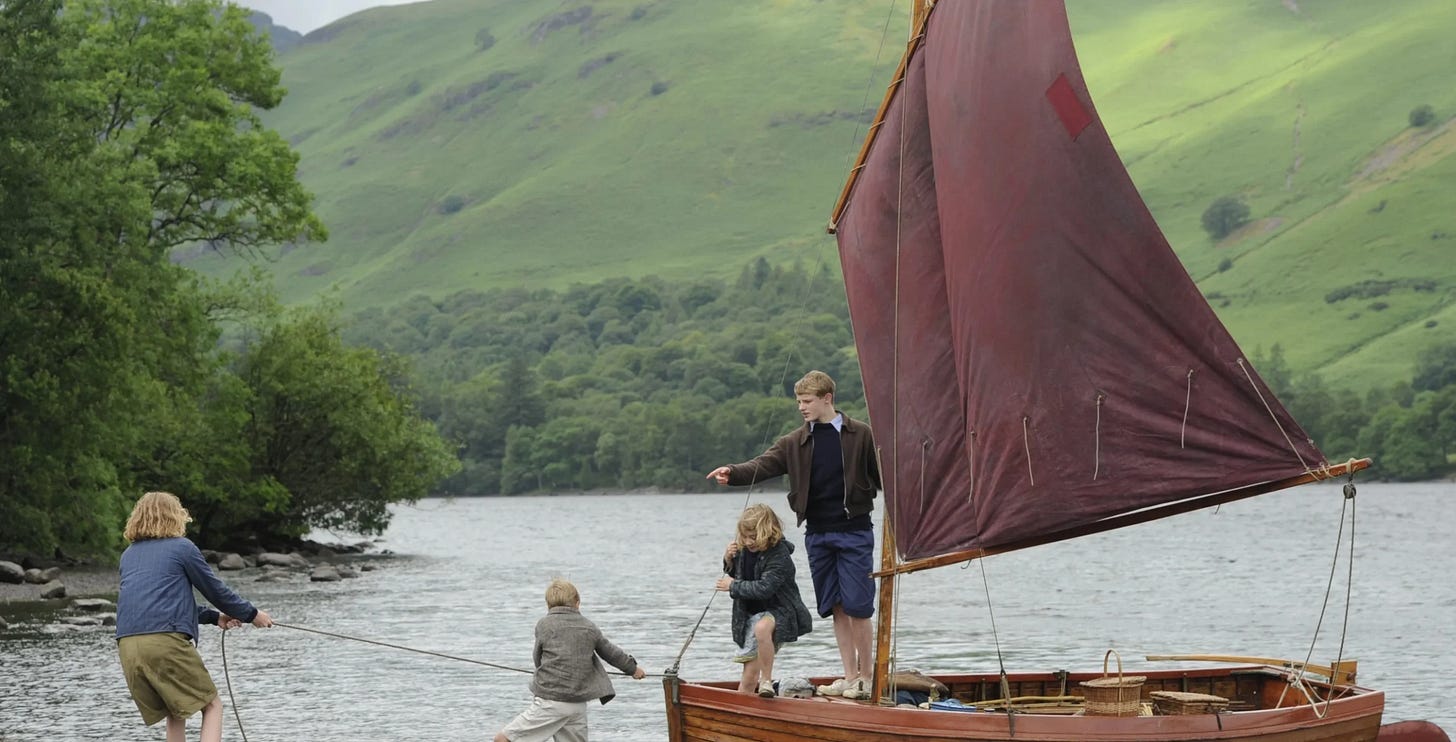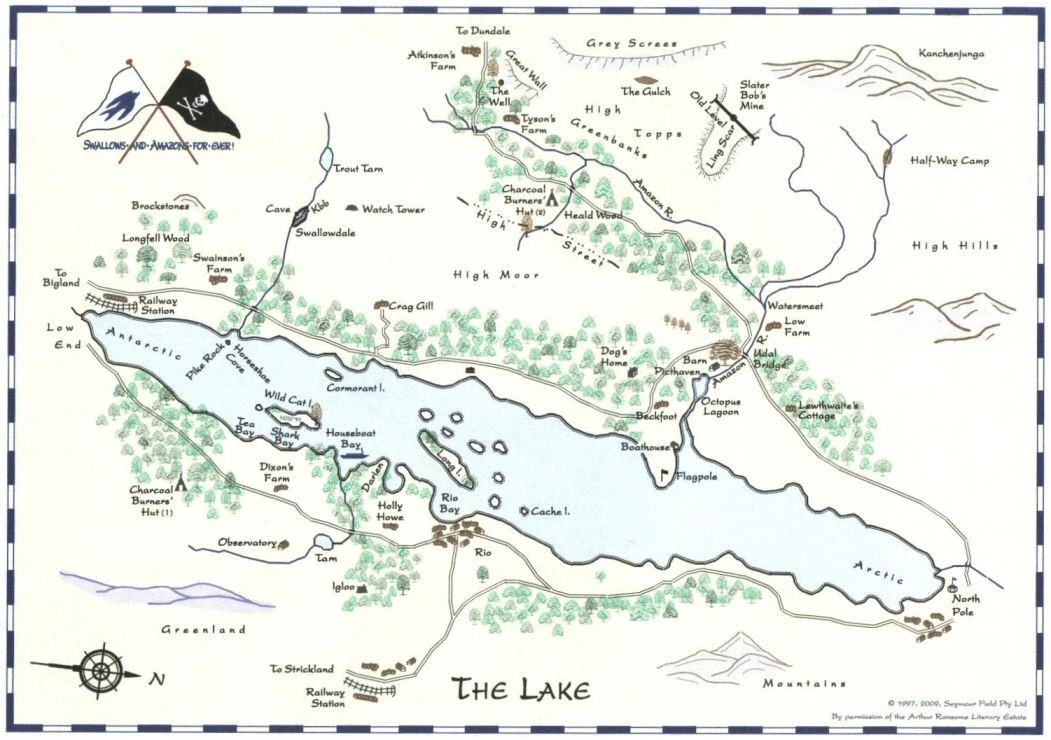Bailing out sounds defeatist. It sounds like quitting. And it can be, if you’re not timing it right. Bail too early, and you learn nothing. Bail too late, and all is lost. Knowing when to strategically retreat from any situation is extremely valuable. It gives you the opportunity for a go-round, with greater knowledge in hand.
BAILING, NOT FAILING, IN SAILING
When I was teaching in the Caribbean we used a phrase almost daily and that phrase was ‘to bail is not to fail’. The context was docking: at Sail Caribbean, the staff were a bunch of 20-somethings teaching teenage kids how to sail 50-foot yachts. Once the three-week programs began, the staff were not allowed touch the wheel unless it was a serious safety concern, so whenever we were docking the boats in a marina, you could have a kid as young as 12 years old steering a 24-ton, half-million-dollar sailing yacht into a narrow space between two similarly pricy boats. Our job was to help them set up the plan for the docking, then whisper instructions to the skipper to relay to the crew so that they’d succeed, and help them decide to bail if it was clear they would not. The only thing we controlled directly was the throttle. Sometimes we docked beside superyachts. It was always risky, always high-consequence. People, especially superyacht owners, did not like this experience.
We’d talk the kids through all the risks, all the things that could go wrong, all the ways to mitigate those risks and try and make it go right, and then we’d make a plan with the crew for our approach with all the steps outlined, but cap the conversation by saying that ‘to bail is not to fail’ - i.e. it was always smarter to call a halt to a docking attempt if it looked like it was getting too risky. Better to back out gracefully than slam in expensively.
What we were doing, essentially, was giving them permission to make a smart but conservative decision without any shame or stigma. We were creating a no-ego space for them to try to do something extremely difficult (something that supposedly competent grown-ups really struggle with), giving them the maximal chance of succeeding, but with the clear understanding that it was smarter not to force it than to screw it up out of pride. It’s a tough call to admit failure in front of your crew of fellow teens and have to start from scratch, quite Kipling-esque (i.e., ‘If you can make one heap of all your winnings. And risk it on one turn of pitch-and-toss, And lose, and start again at your beginnings. And never breathe a word about your loss.) Not every 12-year-old has that sense of self-esteem – until they nail the docking, that is. Then they feel like gods.
You only learn from your failures if you’re clear that’s what failures are meant to do. Coaching kids to try, giving them the supports to get it right, but then showing them and those around them that you know the thing is hard, that failure is quite possible, and if they get it wrong, it’ll be fine and you’ll all revisit it together - all of that creates an environment where they’re ready to accept learnings from failure and thus are OK with failing, and therefore trying something hard. It helps them understand that there are different goals for training and the main event, that you can fail repeatedly in pursuit of end-goal perfection. It helps them understand why we fail.
If you see that something you’re doing is going to crash hard, your job is clearly to avoid the crash and try for the result a different way. Fix what wasn’t working during the previous attempt, look at all the factors coldly, and make a new plan. But fear of a potential crash shouldn’t prevent you from trying at all.
Ultimately this is all about keeping a cool, rational head, not letting emotions drive your responses. You can nail any tricky maneuver first time if you’ve honed your skills and you’ve taken account of all factors in preparing your plan of attack. But as Mike Tyson said, everyone has a plan until they get punched in the face. Things go wrong, the unexpected happens, and you have to divest yourself of ego and adapt, and have a plan for how you approach the unexpected.
UP IN THE AIR
Pilots do this all the time. The ‘go-around’ is standard procedure for pilots why might abort a landing for any one of a range of criteria. There could be runway obstructions, a sudden shift in wind or weather, or something else might throw their approach outside the parameters that make it safe & stable. Ultimately they weigh the risk of continuing their landing attempt vs the risk of the go-around. If the balance is in favour of doing the go-around, they do it no questions asked, with no penalties for doing so. To bail is not to fail.
Not every aborted attempt is without consequence, of course. Sometimes it’s incredibly hard to admit that your approach is wrong and that you need to go back to first principles, or accept a different outcome. Go-arounds in aviation emerge from constant re-evaluation of the approach. Businesses should do the same, obviously, but human factors often get in the way. Confirmation bias, sunk cost bias, and other personal circumstances can all leech into decision-making, making it harder to objectively re-evaluate and assess the available signals. Aborting or significantly changing your approach can be extremely costly, but as with docking and landing, not changing your approach can be even more costly, even fatal to your cause.
Kids can learn a lot from being encouraged to accept errors, and to identify what they learn from them and fix them early the next time. Capsizing is a good example. We all capsize - it’s scary at first but after a while it’s educational, then eventually a source of frustration.
I couldn’t tell you how many times I’ve capsized, but I know that the curve of my capsize frequency probably follows the curve of my ambition and/or desire to learn. The harder I was trying, the more times I ended up in the drink. My sailing is more conservative now, hence fewer capsizes, but I’m not learning as much. I learned lessons about energy conservation and sail trim from a string of capsizes at a windy Laser Leinster Championships in Skerries. I learned about good comms from a few spinnaker-up full turtle capsizes in a L’Equipe. I learned I don’t like 49ers from a capsize in a 49er. All good lessons.
Once the fear and stigma of capsizing (failure) was watered down for me, I was willing to risk it in order to progress, and that’s the key thing. To bail is not to fail. And heaven knows, you end up bailing a lot when you capsize your boat.









